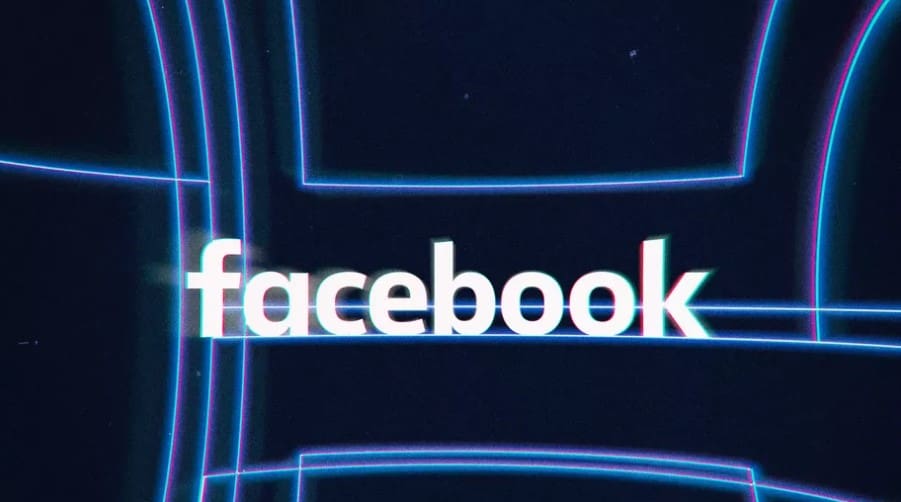
With iOS 14 and iPadOS 14, Apple finally acquiesced to a longtime request from customers: the company introduced an option to change your default apps for browsing the web and handling email. But many other categories of apps — messages, music, calendar, etc. — remain stuck on Apple’s built-in software. Facebook isn’t too pleased about that. According to The Information, Facebook is making a more forceful push to convince the iPhone maker to let people choose their own preferred messaging app.
“We feel people should be able to choose different messaging apps and the default on their phone,” Stan Chudnovsky, Facebook’s head of Messenger, told The Information. “Generally, everything is moving this direction anyway.” According to him, Facebook has routinely asked Apple over the years to make it possible for third-party apps to take over as the default messaging client. The answer has always been no. “The main guess is that messaging drives hardware sales,” he said, when asked why Apple’s stance remains unchanged.
And that’s probably right on: Apple’s iMessage platform and the features it enables between iPhone owners — voice messages, read receipts, reply / typing indicators, stickers and message effects, Memoji, and more — are a driving factor in why people buy and stick with iPhones.
As MacRumors notes, letting other apps take the place of Messages would require significant changes to iOS, which currently doesn’t allow third-party apps to receive SMS text messages sent to an iPhone’s phone number. And seeing as this is Facebook we’re talking about, you’d still have to weigh the privacy implications, even if the company has committed to end-to-end encryption for messaging.
Just today, news broke that Apple will temporarily stop taking its usual 30 percent cut from in-app payments for online Facebook events. This came after Facebook painted Apple’s fee as detrimental to businesses trying to endure the economic toll of the COVID-19 pandemic. The temporary agreement will expire at the end of 2020. And though it represents a small win for Facebook, clearly the company has bigger goals and still wants to become a bigger part of the iPhone experience — for people who want it — as the company unifies its messaging platform between Instagram, Facebook, and WhatsApp. As Apple continues to face scrutiny from policymakers and growing public criticism from developers, Facebook seems to think now’s the moment to pile on the pressure.
